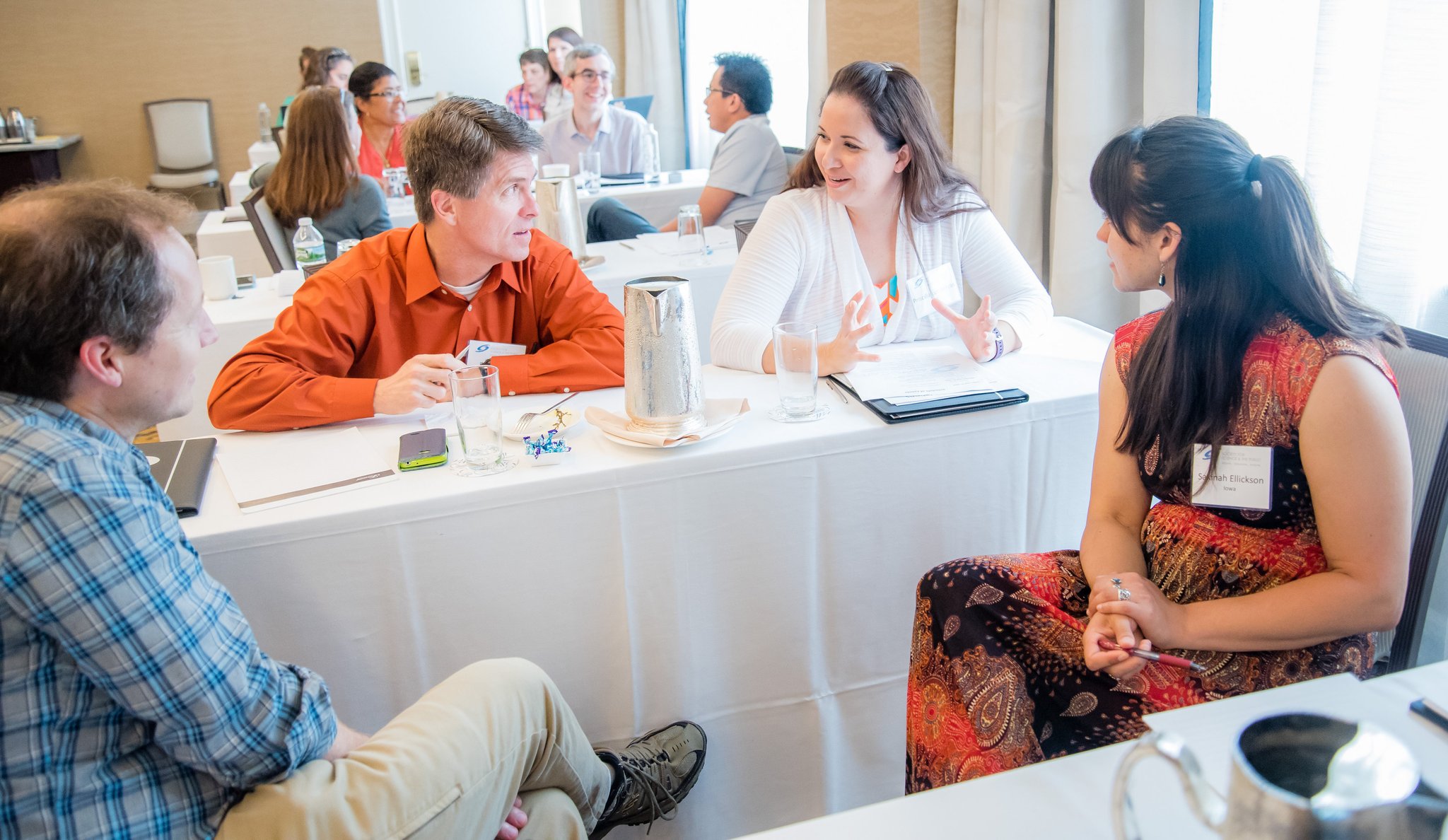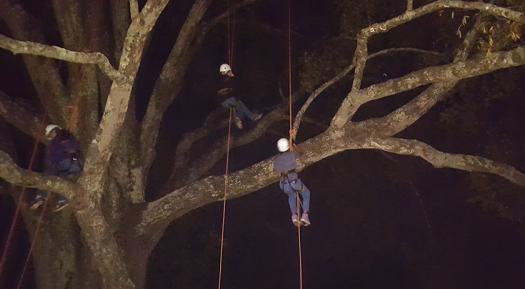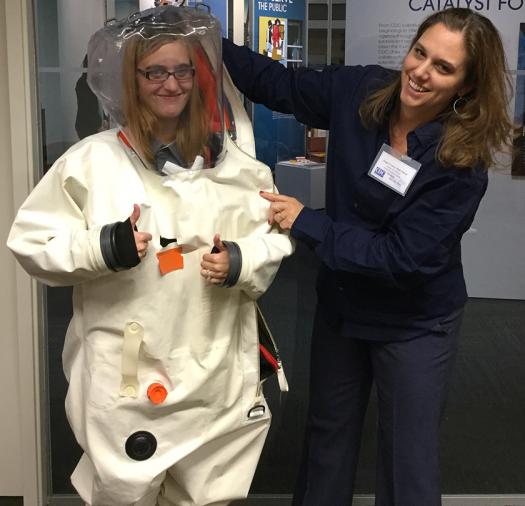STEM mentor? Apply to our Advocate Grant Program

Are you a STEM mentor? Apply to our Advocate Grant Program by February 26.
Society for Science & the Public’s Advocate Grant Program provides a stipend to an individual (teacher, counselor, mentor), who agrees to serve as an advocate for 3-5 underrepresented students to transition them from conducting a scientific or engineering research project to completing applications to scientific competition(s).
Read Elizabeth Proctor’s, an Advocate in Monticello, Georgia, guest blog post to learn more about the collaborative program and network of other science research teachers, and to find out about the nighttime tree climb she took her students on with funding from the program.

Our first trip was a nighttime tree climb. We donned climbing gear, helmets, and with black lights in hand we explored the canopy and observed the array of colors emitted by various fluorescing lichens. [My] students quickly mastered limb walking, swinging, and the bat descent.
Apply to our Advocate Grant Program
This platform for collaboration always inspires me to do more.
After climbing, the students used their black lights to search for more fluorescing organisms, and they were not disappointed. Surprisingly, many organisms fluoresce, even an armadillo carcass.

Our next adventure involved another type of safety gear — a biohazard suit. At the end of the tour at the CDC in Atlanta, Georgia, students had fun pretending to prepare for level 4 lab work.
Truly, having access to a network of other Advocates and Society staff is a powerful option. Impromptu updates and scheduled connections between Advocates is a regular occurrence. Scheduled calls include progress updates and sharing obstacles and successes.
This platform for collaboration always inspires me to do more and the funding is a great bonus. With funding from the Advocate Grant Program, we have team shirts, pizza money, a surplus of tri-boards, and the opportunity to travel.

The expense associated with this level of competition would be daunting without the support of the Advocate Grant Program.
Winning the local fair was as easy as falling off a log considering we had no other projects to compete against. However, qualifying for the regional science fair was an adventure. What is an SRC? IRB? Risk Assessment Form 3? Qualified Scientist Form? Being a member of the Society’s Advocate Grant Program takes all the fun out of stumbling through the mysteries of the science fair.
Our most important adventure awaits. All students in the Advocate Grant Program advanced from the regional fair and qualified for the Georgia Science and Engineering Fair. The Advocate funding was very helpful for registration fees and lodging.
The expense associated with this level of competition would be daunting without the support of the Advocate Grant Program. Through networking and funding, my students were without the typical obstacles that are associated with a rural impoverished area — obstacles that keep students on the sidelines and without options.

Our first trip (with funding from the Advocate Grant Program) was a nighttime tree climb.
My students completed the biggest project they have ever attempted in their life and they found success. True success. Success that was earned through sweat and tears.
You may think this statement an exaggeration but I promise it is not. Try calculating the titrated molecular mass of aspirin, genetically modifying a brine shrimp, determining the chemotaxis of C. elegans, gram staining, determining the percent difference of the effectiveness of disinfectants, regenerating worm fragments, monitoring water bears, or using primers to amplify novel genetic fungal codes. Although these experiments are not big game changers, they were true challenges for my students. They designed their own experiments and collected data. Often collecting the wrong data.
The major discoveries and lessons gained were not the original intent of the projects. The accidental discoveries were the most powerful medicine (pun intended).


